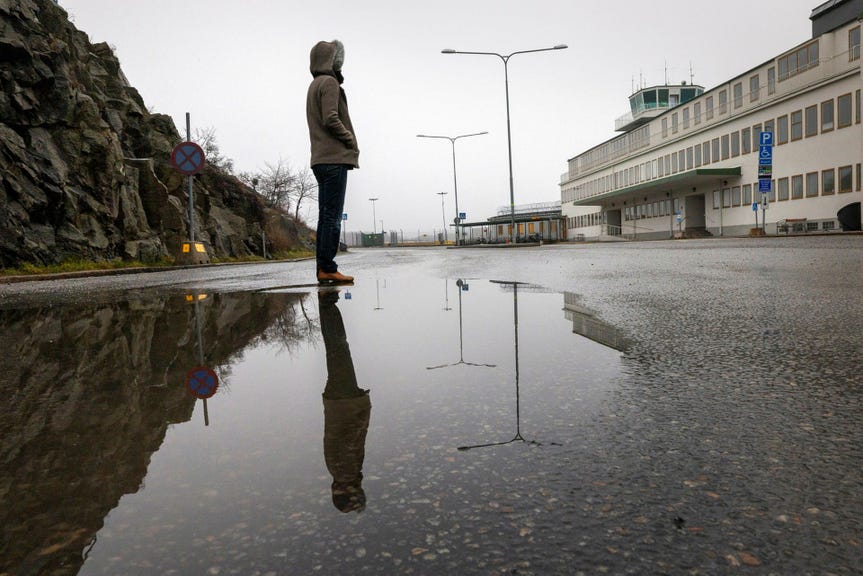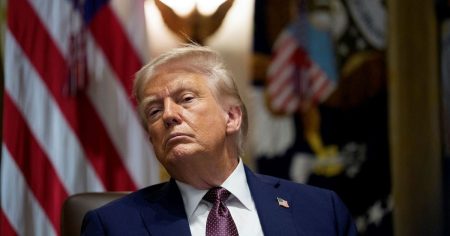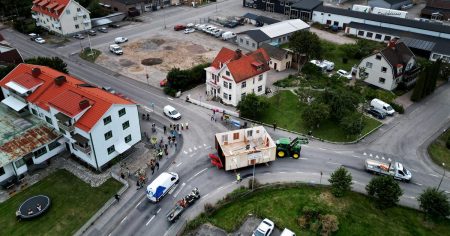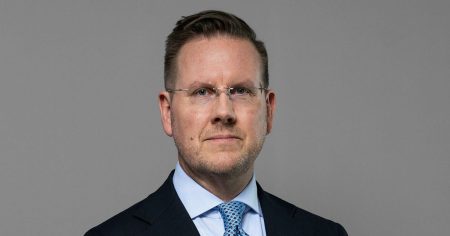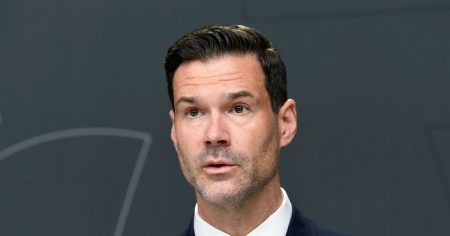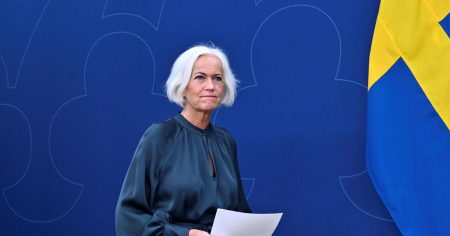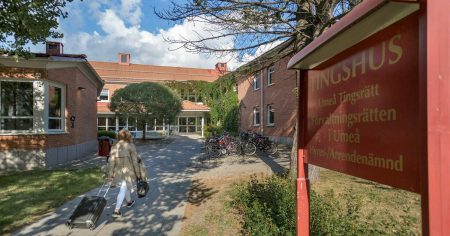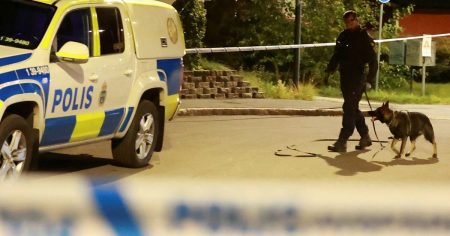Clara, a 40-year-old EU immigrant residing in Sweden for over a decade, found herself embroiled in a legal and political battle following a climate protest. A researcher and lecturer at a Swedish university, Clara joined fellow members of Scientist Rebellion, an offshoot of Extinction Rebellion, in a demonstration against private jets at Bromma Airport on September 17, 2023. While Clara maintained she only held a banner, other protesters sprayed water-soluble red paint on the terminal and one even hit a private jet with paint. Although the protest took place in the parking area and not on restricted grounds, all 17 participants were arrested for airport sabotage, a crime carrying a potential four-year prison sentence. This seemingly minor act of civil disobedience spiralled into a complex situation with significant consequences for Clara’s life and career in Sweden.
Media coverage, fueled by incorrect information from Swedavia, the airport operator, initially reported that the protest had diverted an ambulance flight, prompting outrage and accusations that the activists were endangering lives. A subsequent investigation revealed that the diverted plane was an empty private jet, not an ambulance. Despite Clara’s limited role in the protest, captured on video by Scientist Rebellion, she remained under investigation for vandalism or aiding and abetting vandalism for 16 months after the incident. This protracted investigation had a chilling effect on her life, casting a long shadow of uncertainty and fear.
The situation escalated further when Clara’s application for Swedish citizenship, submitted in 2021, was denied in August 2024. The Migration Agency cited the ongoing vandalism investigation, stating she had not demonstrated an ”honourable lifestyle,” a requirement for citizenship. This decision left Clara deeply distressed, facing the potential loss of her right to live in Sweden, a country she had called home for over a decade and where her family, including a deceased child, was buried. The denial of citizenship effectively disenfranchised her, highlighting the chilling effect of the criminal investigation on her fundamental rights.
The case drew international attention when Michel Forst, the UN Special Rapporteur for the Aarhus Convention, a treaty protecting environmental rights, criticized Sweden’s handling of the situation. Forst expressed concern over the ”serious consequences” Clara faced for a peaceful protest, including the police strip-search during her arrest, the prolonged investigation, the citizenship denial, and the inflammatory rhetoric surrounding the incident. The strip-search, conducted under the guise of a drug search, further added to the humiliating and dehumanizing experience Clara endured following her arrest.
The criticism extended to Swedavia for spreading misinformation about the ambulance flight and to Member of Parliament Maria Stockhaus for her inflammatory comments on social media, which equated the protesters’ actions to potential murder. Forst argued that such rhetoric undermined the public’s ability to exercise their rights under the Aarhus Convention. Swedavia later attributed the misinformation to a ”misunderstanding” while Stockhaus defended her statement, claiming she had no reason to doubt Swedavia’s initial report.
The Swedish government responded to the UN criticism with general statements about the independence of its agencies and the possibility of reapplying for citizenship after rejection. However, this response failed to address the core issues raised by Forst – the disproportionate response to a peaceful protest and the potential violation of Clara’s rights under the Aarhus Convention. Clara, meanwhile, appealed the Migration Agency’s decision, arguing that she was discriminated against for exercising her right to protest. Faced with an uncertain future and the potential separation from her family, she highlighted the irony of being denied the right to vote in a democracy after expressing her opinion on an important societal issue. The case of Clara serves as a cautionary tale about the potential consequences of peaceful protest, the power of misinformation, and the challenges of balancing security concerns with fundamental rights in a democratic society.





